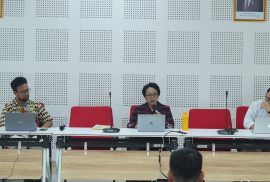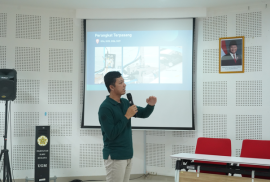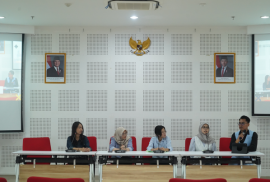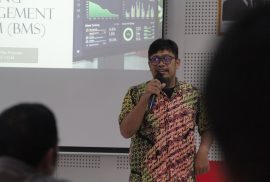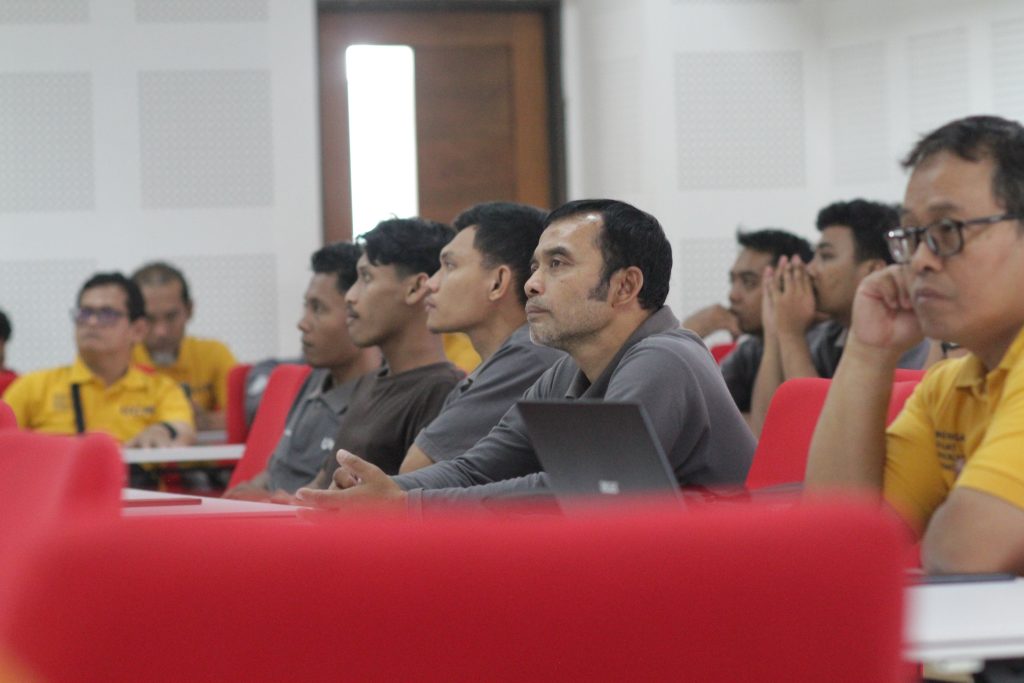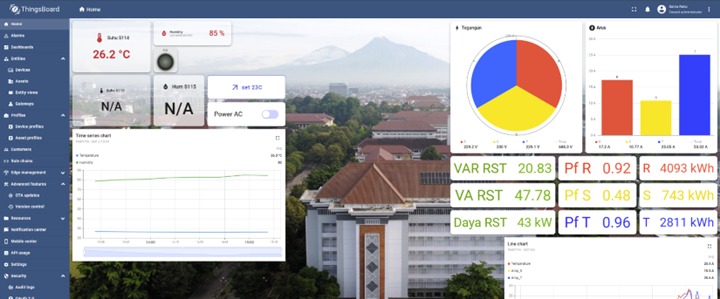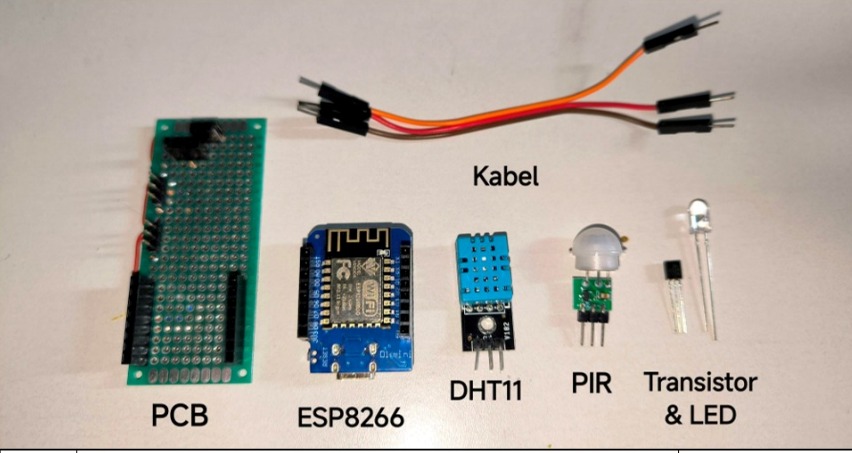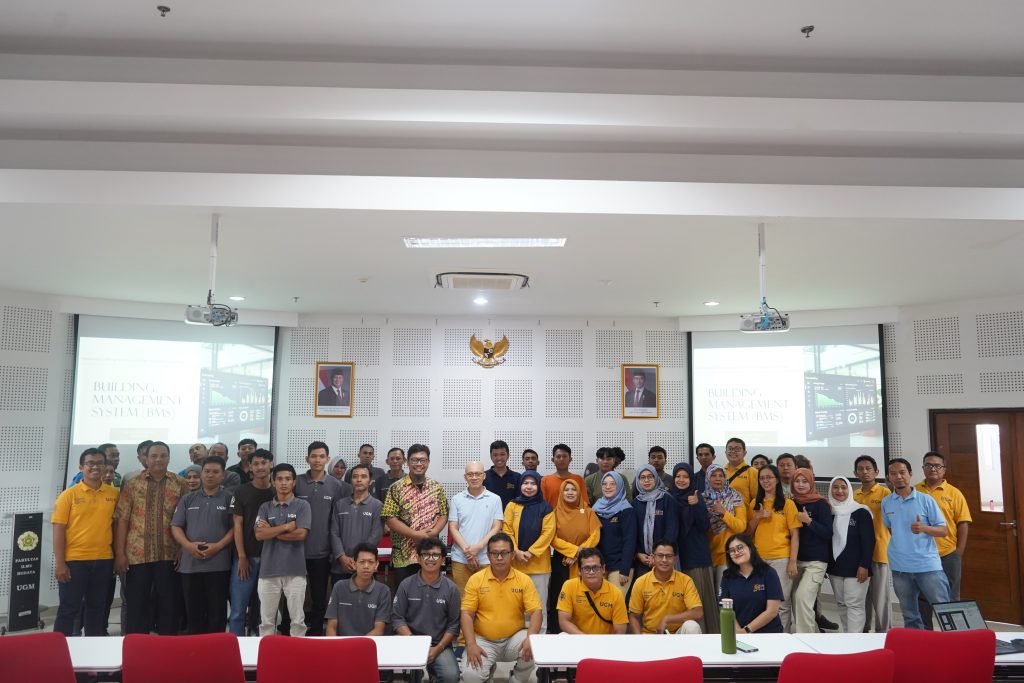Yogyakarta, 22 December 2025 – The Tourism Study Program of the Faculty of Cultural Sciences, Universitas Gadjah Mada, held the Sarasehan Dwi Windu to commemorate the program’s 16th anniversary. The event, which took place from 9:00 a.m. to 1:00 p.m. Western Indonesian Time at Soegondo Room 709, Faculty of Cultural Sciences UGM, served as a forum for academic reflection, network strengthening, and maintaining close ties among academics, alumni, and tourism stakeholders.
The discussion opened with a presentation on the current condition and achievements of the Tourism Study Program by the Head of the Program, Dr. Wiwik Sushartami, M.A. In her presentation, she explained the implementation of the university’s tridharma, with particular emphasis on teaching through internships and strategic partnerships. Internships have been established as a compulsory course within the core curriculum, designed to bridge academic learning with the demands of the professional world.
“We designed the internship as part of the core curriculum so that students are not merely pursuing academic credits, but also gaining direct field experience and stronger job readiness,” said Dr. Wiwik during her presentation.
Partnerships of the Tourism Study Program involve a wide range of stakeholders, including tourism industry players such as hotels, tourist destinations, travel agencies, and the creative industry. In addition, collaboration has been developed with local government institutions, area management bodies, regulatory agencies, non-governmental organizations, village tourism development communities, as well as research centers and academic institutions through collaborative research, guest lectures, and the Merdeka Belajar Kampus Merdeka program.
In terms of community service, the Tourism Study Program focuses on tourism village development, cultural and heritage preservation, sport tourism, and community-based planning. The overarching theme emphasizes community empowerment and the strengthening of local economies.
The next session featured a curriculum presentation by Popi Irawan, S.S., M.Sc., Ph.D. He outlined the planned implementation of Stream 9 through a Double Degree or Joint Degree program. This program is designed under a Primary Major scheme and will be aligned with international partnership plans targeted for development over the next five years.
According to Popi, the Double Degree or Joint Degree program is planned to take place in the fifth and sixth semesters. During this period, students of the Tourism Study Program, Faculty of Cultural Sciences UGM, will undertake their studies at partner universities, while also welcoming students from partner institutions to study directly within the Faculty of Cultural Sciences UGM. This scheme continues and expands the international collaborations that have been established previously.
The Sarasehan Dwi Windu not only marks the 16-year journey of the Tourism Study Program, Faculty of Cultural Sciences UGM, but also reaffirms its commitment to developing tourism education that is adaptive, collaborative, and community-oriented. Through strengthening the curriculum, partnerships, and community engagement, the Tourism Study Program is expected to continue contributing to sustainable tourism development and to deliver tangible benefits for the surrounding social and cultural environment.
[Public Relations of FIB UGM, Candra Solihin]

